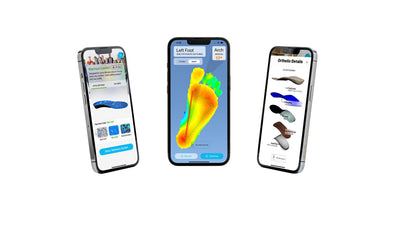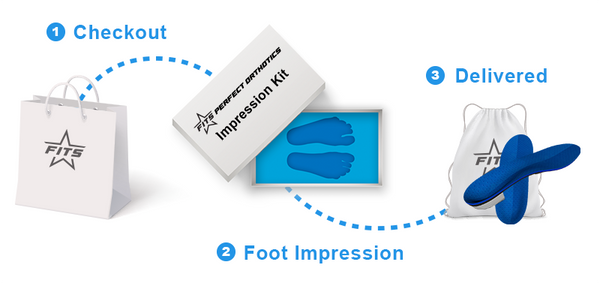Burning feet can be a bothersome condition that affects numerous individuals, and understanding its underlying causes is crucial for effective management and relief.
What is Burning Feet?
Burning feet, also known as neuropathy, is a condition characterized by a persistent burning sensation in the feet. It can manifest as a tingling or prickling feeling, accompanied by pain and discomfort. This condition can significantly impact one's quality of life, hindering daily activities and causing distress.
Exploring the Link Between Vitamin Deficiency and Burning Feet
Research suggests that vitamin deficiencies can contribute to the development of burning feet. While multiple vitamins play essential roles in maintaining nerve health, a specific deficiency that has been closely associated with this condition is a lack of vitamin B12.
Vitamin B12 Deficiency: An Overview
Vitamin B12, also known as cobalamin, is a vital nutrient involved in the proper functioning of the nervous system. It aids in the production of myelin, a protective coating around nerves, and supports the formation of red blood cells. When the body lacks an adequate amount of vitamin B12, various neurological symptoms, including burning feet, can arise.
The Role of Vitamin B12 in Nerve Health
Vitamin B12 plays a crucial role in maintaining the health and integrity of nerves. It is involved in the synthesis of DNA and RNA, which are essential for nerve cell regeneration and repair. Additionally, vitamin B12 contributes to the production of neurotransmitters, the chemical messengers that allow nerve cells to communicate effectively.
How Vitamin B12 Deficiency Can Lead to Burning Feet
When the body lacks sufficient vitamin B12, the protective myelin sheath around nerves can become compromised. This can result in nerve damage and dysfunction, leading to the characteristic burning sensation experienced in the feet. Over time, if left untreated, this deficiency can progress and potentially affect other areas of the body, causing a range of neurological symptoms.
Recognizing the Signs and Symptoms
If you suspect that vitamin deficiency may be contributing to your burning feet, it is essential to be aware of the associated signs and symptoms. While burning feet can arise due to various factors, including medical conditions and lifestyle choices, the presence of certain indicators may suggest a potential link to vitamin deficiency.
Common Symptoms of Vitamin B12 Deficiency
In addition to burning feet, individuals with a vitamin B12 deficiency may experience the following symptoms:
- Fatigue and weakness
- Tingling or numbness in extremities
- Memory problems and difficulty concentrating
- Mood changes, such as depression or irritability
- Pale or jaundiced skin
- Glossitis (inflammation of the tongue)
Treating Burning Feet
In the case of burning feet, healthcare providers often recommend:
- Custom-made Orthotics: Orthotics are a great way to provide pain relief and added comfort for many common foot conditions.
- Supplementation: Vitamin B12 supplements are readily available and can help replenish deficient levels. These supplements come in various forms, including tablets, sublingual (under the tongue) sprays, and injections. The appropriate dosage will depend on the severity of the deficiency and your healthcare provider's recommendations.
- Dietary Modifications: Incorporating foods rich in vitamin B12 into your diet can also help address the deficiency. Sources of vitamin B12 include animal products such as fish, meat, poultry, eggs, and dairy. For individuals following a vegetarian or vegan diet, fortified plant-based alternatives, such as fortified cereals, nutritional yeast, and fortified plant-based milk, can be valuable sources of vitamin B12.
- Addressing Underlying Conditions: In some cases, underlying medical conditions may contribute to vitamin deficiencies. For example, individuals with gastrointestinal conditions that affect nutrient absorption, such as celiac disease or Crohn's disease, may have difficulties absorbing vitamin B12 effectively. Treating and managing these conditions can help improve nutrient absorption and reduce the risk of deficiencies.





















